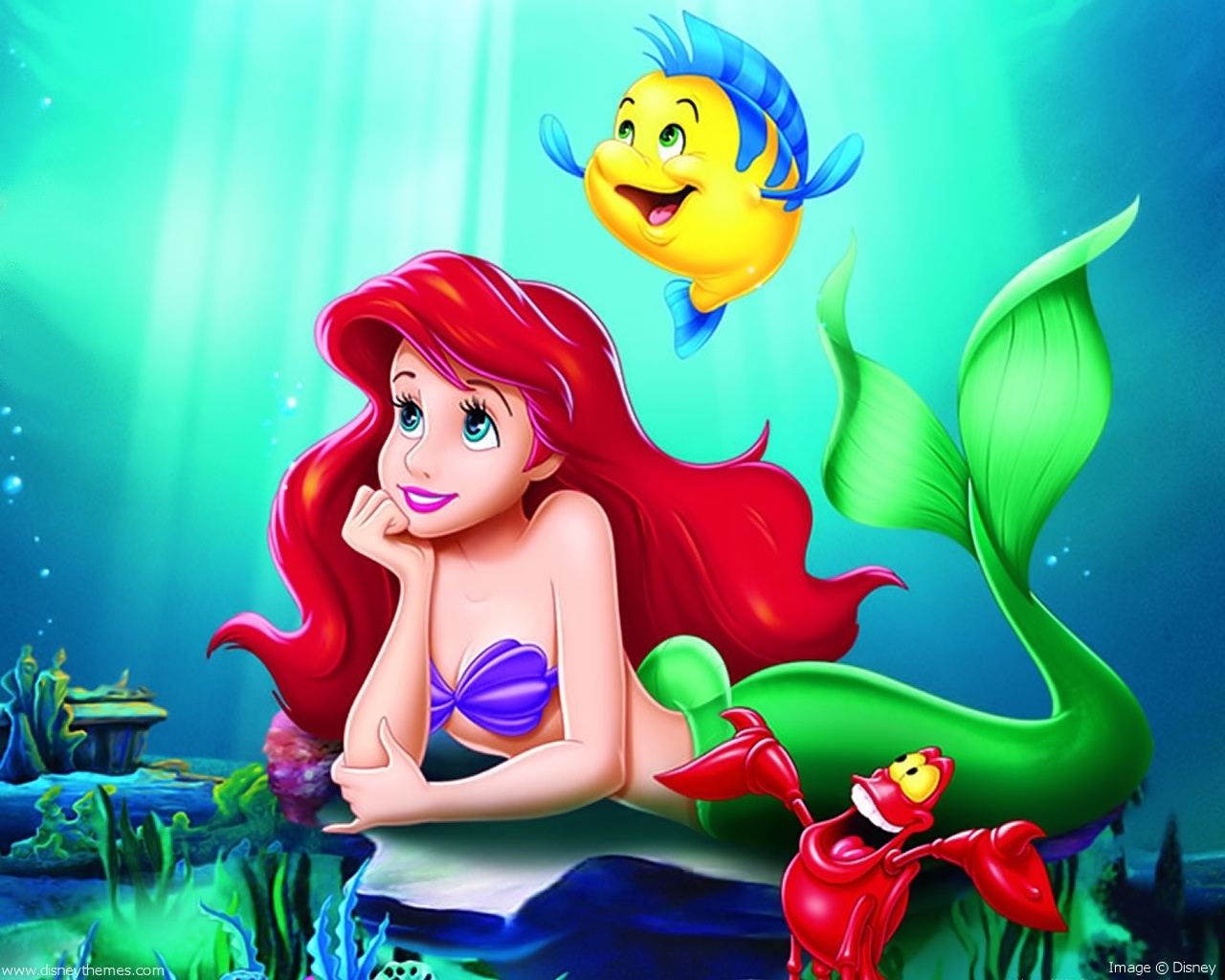FILM 3360:
Deconstructing Disney
|
|

|
Instructor: |
Dr. Virginia Bonner |
| Messages: |
vbonner@clayton.edu
678-466-4713
678-466-4769 fax |
Semester:
Credit:
Prerequisite: |
Spring 2024 CRN 28472
3-0-3 credit hours
ENGL 1102 &
FILM 2100 (C) |
| Meetings: |
MW 2:10-3:25pm |
| Screenings: |
On your own via your Disney+ streaming subscription |
| Office Hours: |
Met by email, phone,
& by
appt. in Music 105 or via Teams |
| Web Address: |
http://www.virginiabonner.com |
Course Objectives
This semester, we will study how selected Disney films reflect, shape, and
skew American and international identities. We will no doubt enjoy watching these films that, for
most of us, are wonderful childhood memories. However, we will now revisit those
films with fresh eyes in order to deconstruct how Disney's appropriation and
revision of traditional fairy tales renders neither its claim to "innocence" nor
simple "entertainment."
We will focus primarily on how ideologies of gender,
race, class, sexuality, ability, capitalism, and nation are constructed in both early and recent
animated Disney films. Of course, these Disney films are cultural
products; they were created within particular historical and cultural contexts.
As such, we will study how their creative circumstances yielded their particular
intersections of racism, sexism, classism, colonialism, and imperialism, though we
will also consider how audiences can interpret these popular culture texts
in ways not necessarily designed or even forethought by Disney.
Course Format
Our class will cover at least one film per week--often two. On Mondays we will focus on the
week's assigned reading in an
introductory lecture and discussion, and occasionally we will discuss our first of two assigned films during Monday's class too (see Schedule). On Wednesdays, we'll
discuss both the film(s) and assigned readings during class.
You will be responsible for lively class discussions of our films and readings.
This means that you must have read and screened all assigned material before
the class for which it is assigned; daily quizzes will help you keep pace with our material. Plan ahead for a lot of film viewing, but know that this time balances out because there is no formal written paper assigned for this course. However, a thorough command of the film terminology you learned in FILM 2100 is expected in all of our discussions and on your tests.
Always arrive five minutes early to class lectures, not
only because we will start promptly but also because late arrivals are
extremely disruptive. If you must arrive late, always use the back door to enter the room quietly and then sit quietly on the aisle; do not
step over people to get to a favorite seat, since this blocks the view of the
screen for others. Do not text, eat loud foods, sleep, answer cell phones, operate
computers, check email, work on other projects, talk with
classmates, or leave the room for food or
other non-emergencies during class lectures; these are a time for serious
study of our film texts so you should be taking copious notes during each film
viewing and class lecture to prepare for your quizzes, class discussions, and exams. You may wish to
bring a penlight to classes to help you take notes in the dark. Anyone behaving disruptively during class will be asked to
leave.
Film Screenings
Please note that the films are crucial to your success in the course. That is, you must watch the assigned films before the Wednesday and sometimes the
Monday class meeting on your own outside of class. Most of our assigned films are available
via your own Disney+ subscription, and some are also on DVD reserve in the CSU library. Do NOT watch films
on YouTube or other poor quality, truncated versions of the films, and do not watch on a phone! These
films will be the primary subject matter of our tests, so high quality
screenings viewed each week are important; do not rely on having seen these
films when they were first released, as a child, or even last month, since we will be
approaching them from very different perspectives now than we did then. If
you do not plan to watch the films on your own, you
should drop the course this term and plan to take it later, when you can take the time to succeed in the class. We will view additional excerpts from selected films
during class lectures.
Required Texts (Available at the campus bookstore
or as e-books)
1. Elizabeth Bell, Lynda Haas, and Laura Sells, eds.,
From Mouse to Mermaid: The Politics of Film, Gender, and Culture. Indiana
UP: 1995. (ISBN 978-0253209788) e-book available online via CSU Library
2. Eleanor Byrne and Martin McQuillan, Deconstructing Disney. Pluto Press: 1999. (ISBN 0745314511) e-book available online via CSU Library
3. Selected PDF files posted in D2L.
Recommended Optional Texts (Available at the campus bookstore or online
vendors)
1. Brenda Ayres, The Emperor's Old Groove.
Lang: 2003 (ISBN 978-0820463639)
2.. Johnson Cheu, Diversity in Disney Films: Critical Essays on Race, Ethnicity, Gender, Sexuality and Disability. McFarland: 2013 (ISBN-13: 978-0786446018)
Note: If you have added this course during the schedule change
period and/or were not present for the syllabus review the first day of class,
you are required to meet with me the following week to review course
requirements and policies.
